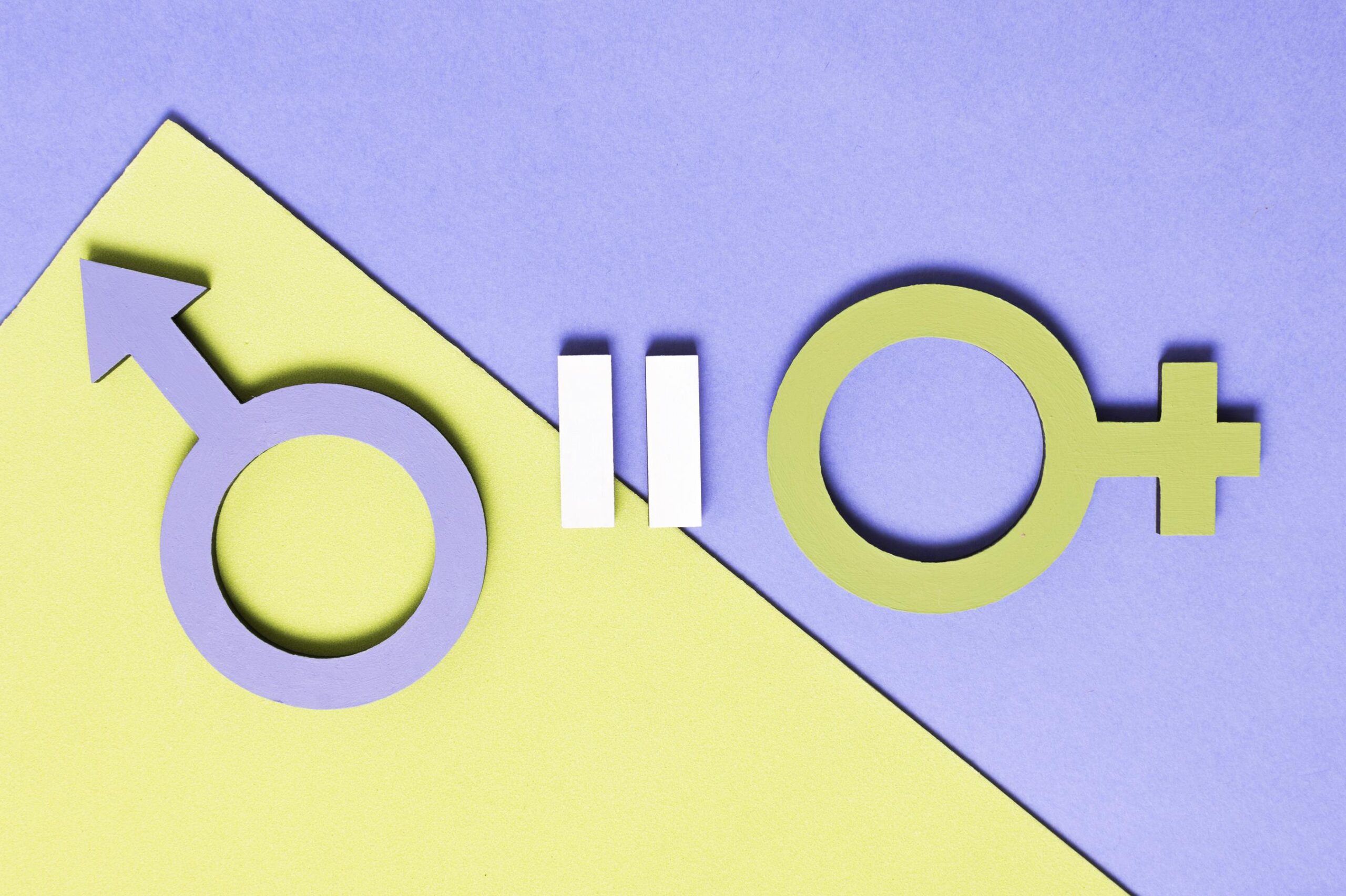These are really two different subjects but what they have in common is discrimination.
Let’s have a look for a moment at what we mean by “discrimination”.
What is Discrimination?
Several people and groups over many years have tried to come up with a clear definition of Discrimination.
For example:
- Law 2 of 2015 defines it as “Any distinction, restriction, exclusion or preference among individuals or groups based on the ground of religion, creed, doctrine, sect, caste, race, colour or ethnic origin”. (Doctrine and Gender have been added by Law 11 of 2019).
- Exclusion of specific groups from the work place and from general opportunities. Discrimination can be on grounds of:
(a) gender
(b) religion, race, colour, ethnic origin - An example of Discrimination is “you must not treat a person worse than someone else just because of differentiating characteristic” (eg: not interviewing people of a certain race; or advertising a job “this job is unsuitable for disabled people”.) That would be regarded as direct discrimination. Indirect Discrimination would be treating someone in a way that has worse impact on them and other people who share that person’s characteristic than on people who don’t. Any differentiation must be objectively justified – eg: an employer saying that a successful applicant has to be able to drive – is this discrimination against disabled people or can it be objectively justified?
Combating Gender Discrimination
Gender – The Big Picture
- Gender Balance and the promotion of women’s rights in the public and private sector has been robustly supported by the Ruler of Dubai, Prime Minister and Vice President of the UAE, HH Sheikh Mohammed Rashid Al Maktoum, both in Dubai in particular and elsewhere in the UAE. There is a genuine push to implement anti-gender discrimination in the work place.
- The UAE is signatory to a number of conventions prohibiting discrimination including 2001 ILO Convention on Prohibition of Discrimination in Employment and Occupations, 2004 UN Convention on elimination of all forms of discrimination against Women
As a result of its efforts, UAE is ranked as a leading country for gender equality in the region (2018), having closed 64% of the Gender Gap. Right now, the Global Women’s Forum is taking place in Dubai. Mona Al Merri, chairperson of the Board of Directors of Dubai Women’s Establishment told the audience yesterday that the UAE is an inspiration reference for countries seeking to transform the environment for women and that the vision of the leadership has guided the country in establishing itself as global model for rapid progress in ensuring gender balance. - In 2016, the Gender Balance council was established to produce a guidance book to implement anti gender discrimination in the workplace, in coordination with OECD and on 19th September 2017, the Gender Balance guide was launched.
- The UAE recognizes Gender Balance as a KPI in supporting vision 21 and achieving a cohesive society and a preserved identity.
- Nevertheless, it should be remembered that priority of employment remains the preserve of UAE nationals – both genders
- Ivanka Trump thanked the Ruler of Dubai for his commitment to advancing women’s economic participation across Dubai and the broader UAE. Women now make up 1/3rd of the UAE government, 50% of the FNC, and over 70% of University Graduates.

Managing Partner

